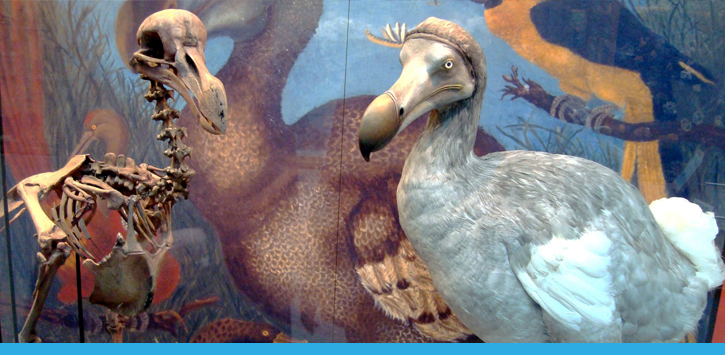Have you ever wanted a pet dodo? Some say that we should recreate animals that have become extinct, while others disagree. Recreating extinct animals has the power to alter ecosystems. Some believe that we should harness the power to recreate extinct animals, that we should not use the power to bring back animals from extinction, or we should limit our use to recently extinct animals. De-Extinction is the process in which an animal is recreated as close as science can allow.
One perspective is that we should bring animals out of extinction because we could restore some of the harmed ecosystems and study what the ecosystems used to look like. There are many people already working on bringing back animals, like the International Union for the Conservation of Nature, Revive and Restore, and numerous others who have a background in animal conservation, biology, and genetic engineering. This is significant because it could allow numerous species to be brought back, thereby restoring ecosystems that have been destroyed.
“The idea we could take some of their genes to create new animals that have the traits of extinct species and then re-introduce them into habitats where extinct species once were, we could actually restore those ecosystems in some way,” explains science journalist Britt Wray. The methods and ideas behind de-extinction can be backed up by many sources. However it could further damage the ecosystems it wishes to rescue.
Another perspective believes we should not bring animals back from extinction. Most of the people that agree with this argument say that “Spending millions of dollars trying to de-extinct a few species will not compensate for the thousands of populations and species that have been lost due to human activities, to say nothing of restoring the natural functions of their former habitats,” as Yale Environment 360 does. The de-extinction process has the possibility of completely ruining the ecosystems and the animals that have adapted to those animals no longer present may then themselves become extinct. Also, many species go extinct every year, and it would take years just to get one back.
Others argue that we should develop the technology to bring back animals from extinction but only use it to bring back animals that have recently died out. This argument has the potential to appeal to both sides. Some agree with what the National Library of Medicine says, “Several authors argue that de-extinction should only be applied to recently extinct species. This is an assertion that can be undercut with one example: extinction due to habitat loss. For species that have gone extinct due to habitat destruction or alteration, there is no justifiable reason to pursue de-extinction until the habitat has been restored.” This explains that recently extinct animals are best for de-extinction because, if you were to go farther in the extinction timeline, the habitat that some animals would need would not be available at this moment in time.
In conclusion, there are many perspectives on if and how to proceed with de-extinction. Until more research is done, we will have to wait to determine the best course of action and to find solutions that are agreeable to all sides.
References:
- Carlin, N. F., Wurman, I., & Zakim, T. (n.d.). [PDF]. Stanford Law.
- Hoath, L. (2017, October 11). How scientists are bringing extinct animals back to life | CBC Radio. Retrieved December 05, 2020, from https://www.cbc.ca/radio/thecurrent/the-current-for-october-11-2017-1.4348178/how-scientists-are-bringing-extinct-animals-back-to-life-1.4348231
- Medicine, C. (2020). Myths about Cloning. Retrieved December 05, 2020, from https://www.fda.gov/animal-veterinary/animal-cloning/myths-about-cloning
- Novak, B. (2018, November 13). De-Extinction. Retrieved December 05, 2020, from https://www.ncbi.nlm.nih.gov/pmc/articles/PMC6265789/
- Redford, K. H. (2018). Synthetic biology offers extraordinary opportunities and challenges for conservation (U.S. National Park Service). Retrieved December 05, 2020, from https://www.nps.gov/articles/parkscience31-1_redford.htm
- Ehrlich, P., & Ehrlich, A. H. (2014, January 14). The Case Against De-Extinction: It’s a Fascinating but Dumb Idea. Retrieved December 11, 2020, from https://e360.yale.edu/features/the_case_against_de-extinction_its_a_fascinating_but_dumb_idea

